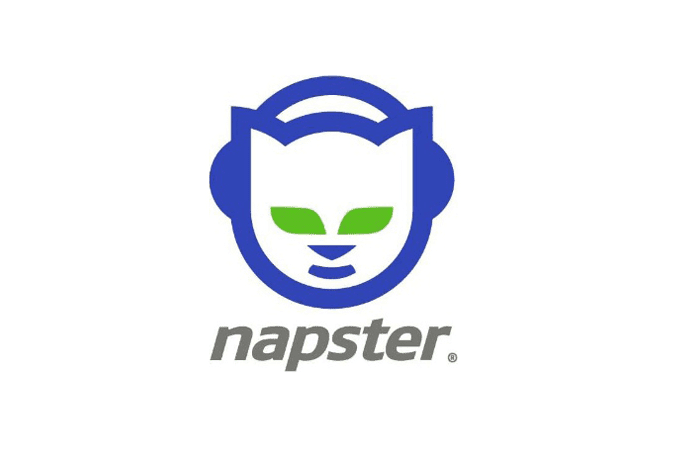Napster's Second Act: How the OG Music Disruptor Is Betting on AI Chatbots
Twenty-five years after revolutionizing how the world consumed music, Napster is making another bold play to reshape the industry—this time with artificial intelligence chatbots that promise to transform music discovery and fan engagement.
The company that once sent record labels into a panic with peer-to-peer file sharing is now positioning itself as a legitimate partner to artists and labels, leveraging AI technology to create personalized music experiences that could finally deliver on the promise of truly intelligent music curation.
From Piracy Pioneer to AI Innovator
Napster's journey from digital music's enfant terrible to AI innovator reflects the broader evolution of the music industry itself. Founded in 1999 by Shawn Fanning and Sean Parker, the original Napster fundamentally changed how people thought about music ownership and access before being shut down by legal challenges in 2001.
Now, under new ownership and management, Napster is launching AI-powered chatbots designed to serve as virtual music concierges. These chatbots can analyze listening habits, mood indicators, and even contextual data like weather and time of day to suggest music that matches users' specific moments and preferences.
"We're not trying to replace human curation," explains Napster's current CEO. "We're trying to amplify it with technology that can process millions of data points to create truly personalized experiences."
The AI Music Discovery Revolution
The new AI chatbots represent a significant departure from traditional algorithm-based recommendation systems used by Spotify, Apple Music, and other streaming giants. Instead of relying purely on collaborative filtering and listening history, Napster's AI can engage in natural conversations with users about their musical preferences, mood, and context.
Early beta testing shows promising results. Users report discovering 40% more new artists through AI-guided conversations compared to traditional recommendation engines. The chatbots can handle complex queries like "find me something that sounds like early Radiohead but with a more upbeat tempo for my morning run" or "I'm feeling nostalgic—what were people listening to in 1987?"
The technology integrates with Napster's existing streaming service, which currently serves over 5 million subscribers globally—a fraction of Spotify's 500 million users, but a loyal base that's proven receptive to innovative features.
Challenges in a Crowded Market
Despite the technological innovation, Napster faces significant challenges in a music streaming market dominated by established players. Spotify's annual revenue of $13.2 billion dwarfs Napster's estimated $50 million, raising questions about the company's ability to compete on marketing and artist acquisition.
The AI chatbot feature also enters a market already experimenting with similar technology. Spotify has integrated AI DJ features, while Apple Music uses machine learning for personalized playlists. Amazon Music's Alexa integration provides voice-activated music discovery, though none offer the conversational depth that Napster claims to provide.
Privacy concerns also loom large. The AI chatbots require access to extensive user data, including listening habits, location information, and potentially even biometric data from connected devices to assess mood and context. In an era of increasing data privacy awareness, this could prove to be a significant barrier to adoption.
Industry Impact and Artist Relations
Perhaps most significantly, Napster's AI initiative includes features designed to benefit artists directly. The chatbots can promote emerging artists based on genuine musical affinity rather than just popularity metrics, potentially democratizing music discovery in ways that current algorithms struggle to achieve.
The company has also partnered with several independent record labels to provide AI-generated insights about listener preferences and emerging trends. These partnerships could give Napster access to exclusive content and help differentiate its service from larger competitors.
Early adopter artists report increased engagement and discovery through the AI system, though comprehensive data on its effectiveness remains limited given the feature's recent launch.
The Verdict: Innovation Meets Reality
Napster's AI chatbot initiative represents genuine innovation in music discovery technology. The company's willingness to experiment with conversational AI and personalized curation could influence how the entire industry approaches music recommendation.
However, success will ultimately depend on execution, user adoption, and the company's ability to scale in a market dominated by tech giants with vastly superior resources. Napster's greatest asset may be its legacy of disruption—a reminder that sometimes the most significant innovations come from unexpected sources willing to challenge industry conventions.
Whether this second act will prove as transformative as the first remains to be seen, but Napster's AI gambit ensures the pioneering spirit that once changed music forever is far from finished.
